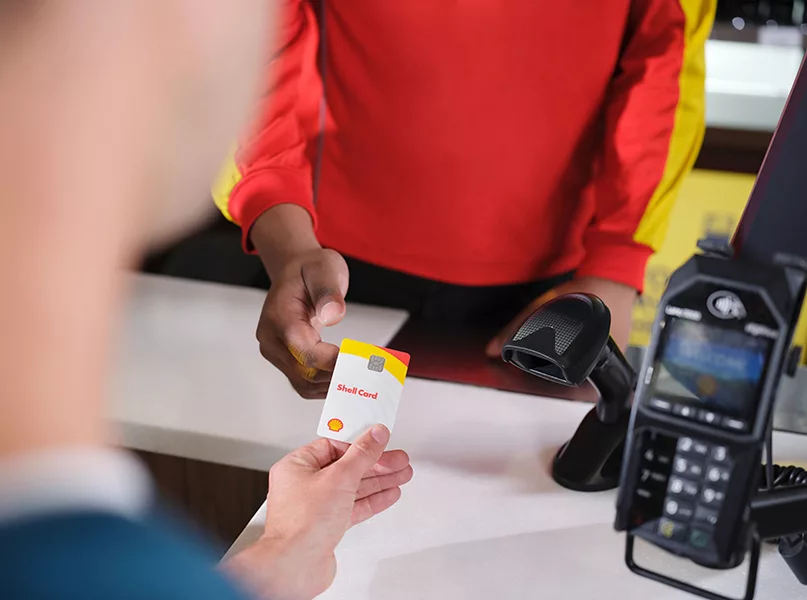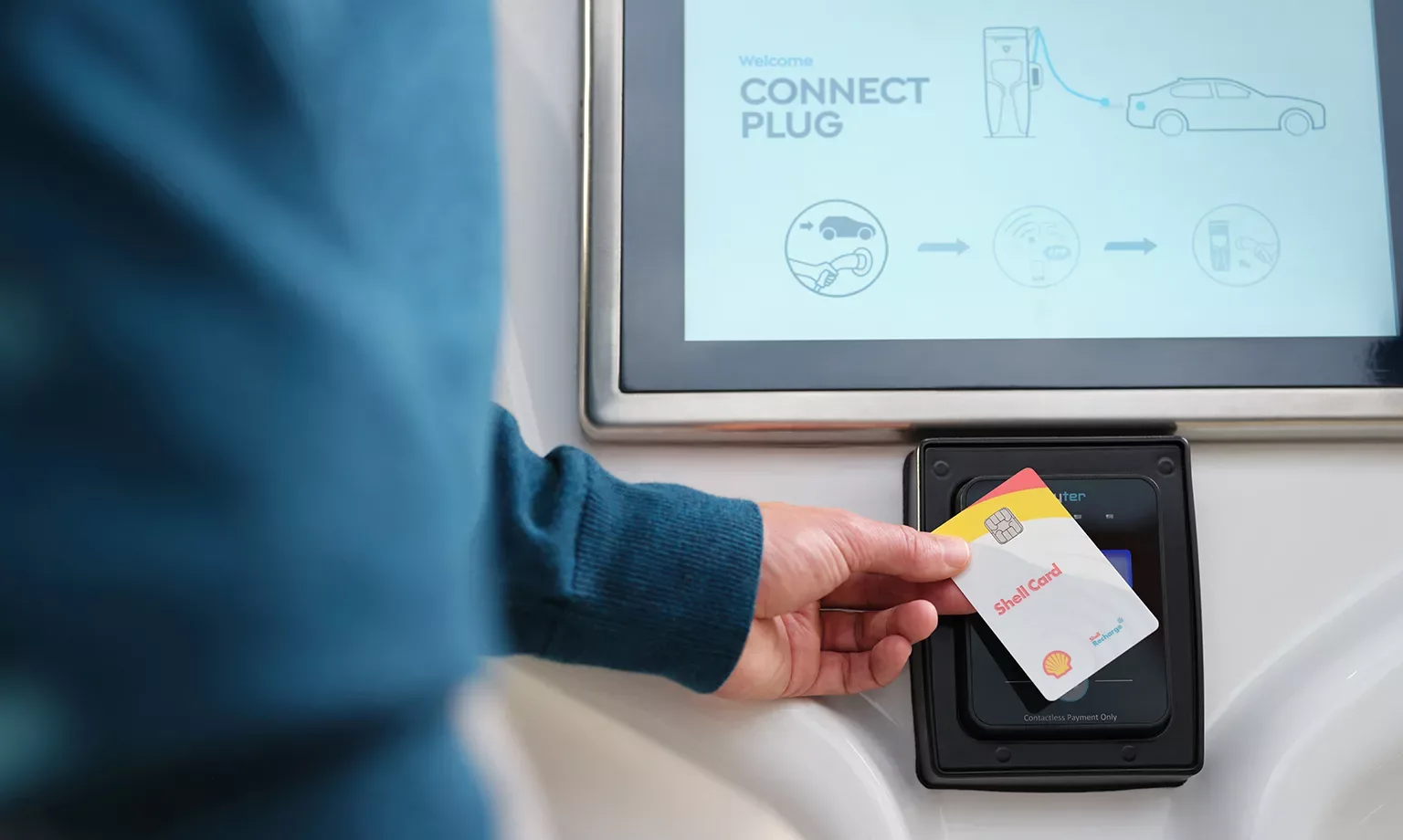To explore the challenges of transitioning to electric vehicles (EV), and how to overcome them, we speak to Veethara (Prien) Trakulboon, General Manager for Shell Fleet Solutions Asia.
- Q&A WITH VEETHARA (PRIEN) TRAKULBOON, GENERAL MANAGER, SHELL FLEET SOLUTIONS
- What are the fleet decarbonisation trends you see happening across the APAC region and globally?
- What do you see as the main barriers to EV adoption among fleet operators?
- What role can regulation and policy play in helping to drive further EV adoption across the region?
- What solutions should fleet operators be looking for to implement as part of their EV transition?
- What difference can the right relationships make in helping fleets to achieve their decarbonisation goals?
Ask any business that relies on a delivery, operational or professional fleet of vehicles what it sees as the long-term solution for reaching net zero emissions is, and it will most likely give you the same answer: EVs.
Recent research from Shell and Deloitte shows that 95 percent of surveyed fleet owners see EVs as the future for their business. However, accelerating this transition can be challenging and many fleet owners face complex organisational and market barriers as they advance on their decarbonisation journey.
Q&A WITH VEETHARA (PRIEN) TRAKULBOON, GENERAL MANAGER, SHELL FLEET SOLUTIONS
What are the fleet decarbonisation trends you see happening across the APAC region and globally?
Veethara (Prien) Trakulboon, General Manager (VPT): The main trend we are seeing among fleets globally is that they are under immense pressure to decarbonise – from customers, from regulators and from their own employees. It is something we expect to continue, with our recent Navigating Fleet Decarbonisation study showing that more than two-thirds (68 percent) of surveyed fleet owners expect this pressure to increase over time.
Achieving net zero emission fleet operations will be essential for businesses – and for many that means looking to accelerate its EV transition. Markets are working on this to varying degrees, which creates a mixed picture for progress within the region. From our own experience, we are seeing fleet operators in Asia taking the leap and starting their decarbonisation journeys; whether they are in a mature or emerging EV market, they are all taking the essential steps to achieve sustainable growth.
What do you see as the main barriers to EV adoption among fleet operators?
VPT: Cost is a huge barrier currently – not just around the vehicles themselves but the wider ecosystem involved in running effective EV fleet operations. Our research shows that almost half (47 percent) of surveyed fleet owners see hidden costs around transitioning to EVs as a major barrier to adoption. To make the transition viable, EVs need to offer parity with internal combustion engine (ICE) vehicles in terms of total cost of ownership (TCO). But with access to fleet data and insights, operators can make informed decisions on how they transition to EVs depending on their individual needs and requirements, including their economic situation.
Uncertainty over infrastructure is another key obstacle. Many fleet operators are unclear on the type of charging infrastructure they need to operate effectively. Whether they charge at the depot, on-the-go, at the office or at home, fleets and their drivers need infrastructure solutions that are easy to use, reliable and meet their specific business requirements.

What role can regulation and policy play in helping to drive further EV adoption across the region?
VPT: Accelerating the EV transition is not simply about investing in the right solutions – you also need the right environment for progress. Almost half (46 percent) of fleets surveyed either do not have targets or are unsure how decarbonisation maps to their fleet operations, which is something that policy-driven regulation can help to provide clarity around.
For example, we are seeing across Asia that bans on ICE vehicles can be broadly linked to higher EV adoption. China and South Korea, markets that are ahead on EV adoption, already have ICE bans in place from 2035. Conversely, emerging markets like India and Malaysia do not yet have defined plans in this area.
Bans are not the only measures this applies to. We are seeing the more mature EV markets deploying a range of policy levers – from official targets to charging infrastructure support – to help businesses turn ambition into action. This shows how a clear policy framework is being used as a driving force for decarbonisation.
What solutions should fleet operators be looking for to implement as part of their EV transition?
VPT: There is no set route for transitioning to EVs. While fleets can share the same end goal, every journey will be different depending on the specific needs of each business. This means that there is no single solution that will work for every fleet – and that each fleet will need to create a tailored roadmap for their unique decarbonisation journey.
Whether they require easier ways to manage their fuel and charging payments or require digital tools that simplify fleet management or energy solutions that support the development of effective charging infrastructure, fleets should be working with their mobility solutions providers to map out the best route to net zero. At Shell Fleet Solutions, we are working with customers to help them achieve this through our Accelerate to Zero (A2Z) programme.
What difference can the right relationships make in helping fleets to achieve their decarbonisation goals?
VPT: Building the right relationships with providers can have a significant impact on a fleet’s decarbonisation efforts, and more specifically their EV transition. For example, we have a strategic relationship with DHL Express in Malaysia that is helping the logistics provider to reduce emissions across its fleet operations. As part of our A2Z programme, we are not only providing charging solutions but also the expertise and infrastructure the business needs to transition to an EV fleet.
We are also working closely with MoEVing to pilot EV fleet depots across three of their main customer facilities in India, and with Shoffr Mobility to develop its EV charging infrastructure in the Indian city of Bangalore. So, we see the positive impact that effective collaboration can have on fleets in action across APAC every day.
No one business can achieve net zero emissions alone. As they take each step along their decarbonisation journey, fleets will require knowledge that they are unlikely to have in-house – making collaboration with a trusted solutions provider such as Shell Fleet Solutions critical to their success.






























